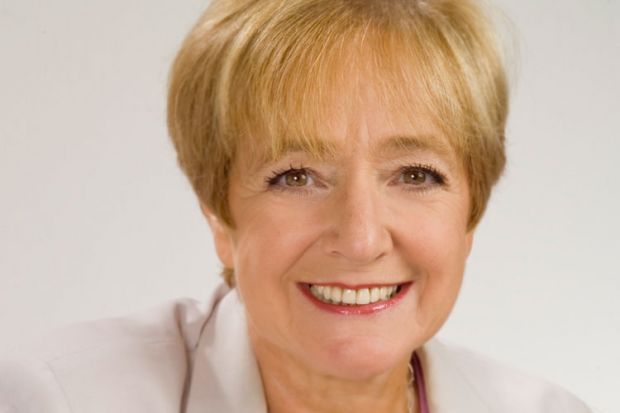The government has been accused of failing to look after public money in allowing the expansion of private colleges.
MPs on the Public Accounts Committee today held a hearing on controls over public-backed funding at private colleges, following a report by the National Audit Office.
They were examining the consequences of coalition government policy to expand private provision, which has seen public-backed funding for students at private providers soar from £30 million in 2010 to what the government projects will be £950 million this year.
Martin Donnelly, permanent secretary at the Department for Business, Innovation and Skills, was among those appearing before the committee.
Another to appear was Rod Bristow, president of Pearson UK, owner of exam firm Edexcel, which awards the Higher National courses by the private colleges that have expanded fastest.
Margaret Hodge, the Labour MP and PAC chair, told Mr Donnelly: “You’re accountable for looking after our money and you’re failing.”
She opened by questioning Mr Donnelly about his department’s apparently last-minute preparations for the hearing by asking private providers for evidence about their contribution to widening participation, highlighted by Times Higher Education last week.
The NAO report looked at concerns about dropout rates at private colleges, claims for Student Loans Company funding from non-UK European Union students at private colleges who were ineligible, and the fact that some students had received SLC funding without being registered on HN courses with Pearson.
Ms Hodge described the NAO report as “one of the most shocking reports I’ve read”, adding: “We will come back to it before the election.”
Going on to call the private provider situation a “complete scandal”, Ms Hodge said the Higher Education Funding Council for England had warned BIS about the potential for problems in 2010.
She asked Mr Donnelly to provide a combined figure for public money “not being used for the purpose that was intended” at private colleges, covering students dropping out and fraud.
Mr Donnelly said there was no such figure available.
“You are accountable for this money not being spent for the purposes it was intended,” Ms Hodge told him.
She continued that it was “appalling that you allowed all this policy to start without putting checks and balances in place”.
Asked why BIS had gone ahead with the private providers policy despite the risks, Mr Donnelly said: “Ministers were clear they wanted to offer the alternative provider sector space…in which to grow and there was funding available to do that.”
He conceded: “We did not know what was going to happen.”
Mr Donnelly went on to say the growth in student numbers at private colleges was “frankly much greater than we expected. We didn’t know what to expect.”
When the private college expansion became “financially difficult to sustain”, 23 private colleges had their designation suspended in November 2013, he added.
Ms Hodge said the fact that 50 per cent of growth in student numbers under the coalition had been in five colleges was a “complete red flag”.
She described herself as “gobsmacked”, telling Mr Donnelly there were “so many indicators and you ignored the ruddy lot of them”.
Mr Donnelly said the government “chose not to legislate” on higher education regulation, which would have addressed some of the problems.
He said it would be “very helpful to have such legislation as early as possible in the new Parliament”.
Stewart Jackson, a Tory MP, told Mr Donnelly he “should have been pulling your finger out a bit earlier than this”, accusing him of giving the committee “a lot of old flannel and gobbledegook”.
At one point, Mr Donnelly referred to “protecting the taxpayer”. Ms Hodge responded: “Protecting the taxpayer! My God!”
Closing the hearing, Ms Hodge said the situation was “nothing short of a scandal” and said the PAC would return to the issue in March.




